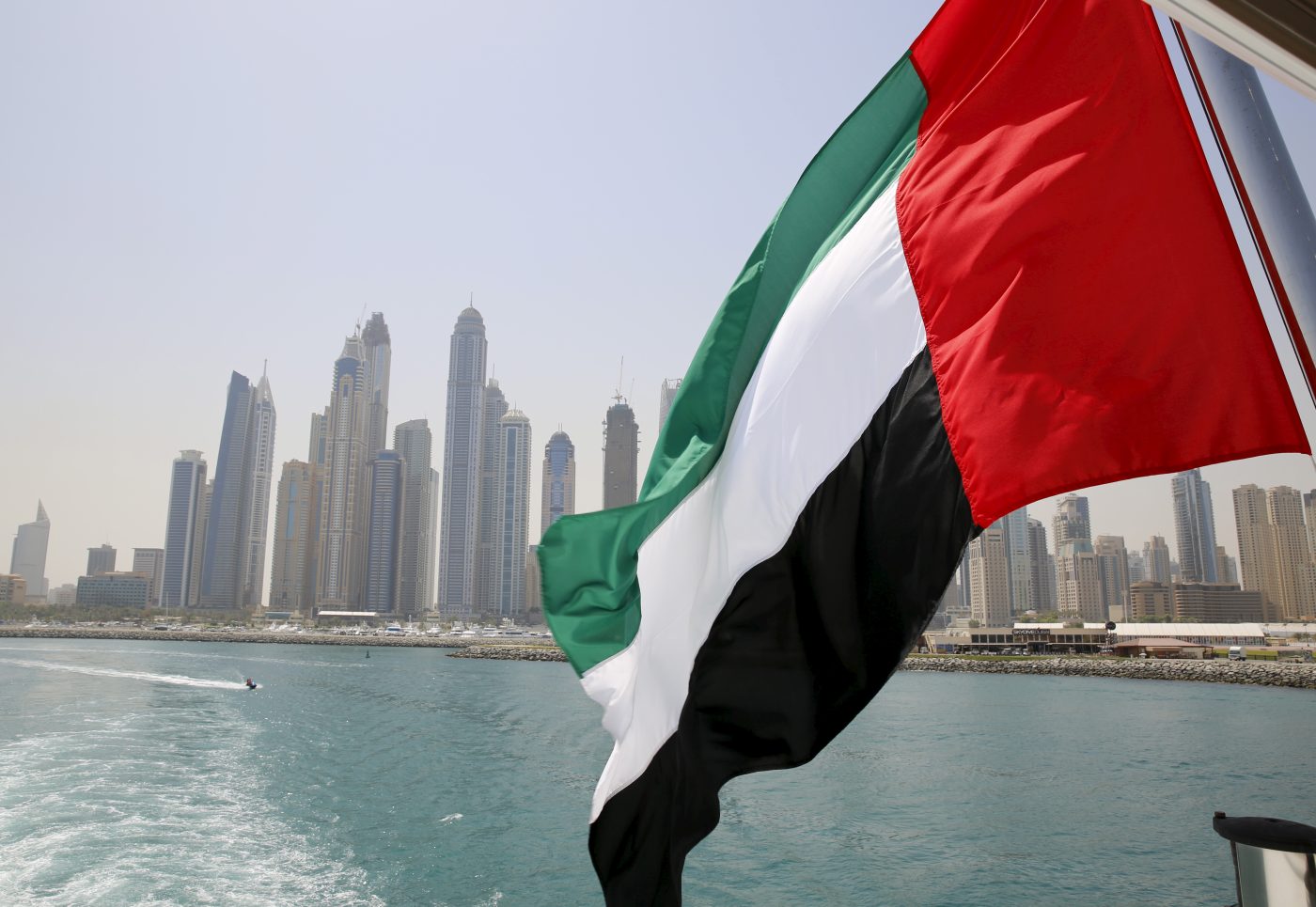The United Arab Emirates (UAE) has initiated discussions with various European nations, including the UK, to explore opportunities for investment in their nuclear power infrastructure.
This initiative has been disclosed by three individuals who are privy to the ongoing talks but have chosen to remain anonymous due to the private nature of the discussions.
The proposition involves the state-owned Emirates Nuclear Energy Company (ENEC) potentially acquiring minority stakes in European nuclear power assets.
ENEC aims to expand its footprint as a global nuclear energy player, focusing on holding stakes in the nuclear infrastructure of other countries without directly managing or operating these facilities.
ENEC’s interest in the UK’s nuclear sector has been specifically mentioned, with talks reportedly underway regarding investment opportunities, though details remain sparse.
Both the UAE and Saudi Arabia, known for their substantial oil wealth, are actively seeking to diversify their economies beyond oil.
Concurrently, the UK is in search of additional private funding for the Sizewell C nuclear project, following the exit of a Chinese investor.
The project, led by French energy titan EDF, is considered vital for Britain’s strategy to achieve a sustainable, low-cost, and secure electricity system.
A significant development in the discussions came when the UAE and Britain signed a memorandum of understanding on civil nuclear cooperation at the Dubai U.N. climate summit, committing to a substantial increase in nuclear capacity by 2050.
ENEC has expressed its strategy to collaborate on various civil nuclear projects and clean energy technologies, including clean hydrogen, as part of its global investment and growth aspirations.
Despite the potential for ENEC’s involvement to boost project investments and support Europe’s shift towards low-carbon energy sources, such as nuclear power, the prospect of Gulf state investment in critical infrastructure has prompted concerns in Britain.
Past instances of Emirati investments have sparked debates over national security, highlighting the complexities and sensitivities surrounding foreign investments in strategic sectors.
The discussions underscore a broader European ambition to expand nuclear energy as a means to meet stringent climate targets and reduce dependency on Russian energy supplies.
However, the continent remains divided over nuclear power, with the legacy of safety worries post-Fukushima and challenges of investment shortages and project delays continuing to loom large.
ENEC’s potential financial backing, stemming from a wealthy Gulf nation, could offer a solution to some of these challenges, though it might also navigate through political sensitivities and opposition linked to foreign investments in critical infrastructure.


